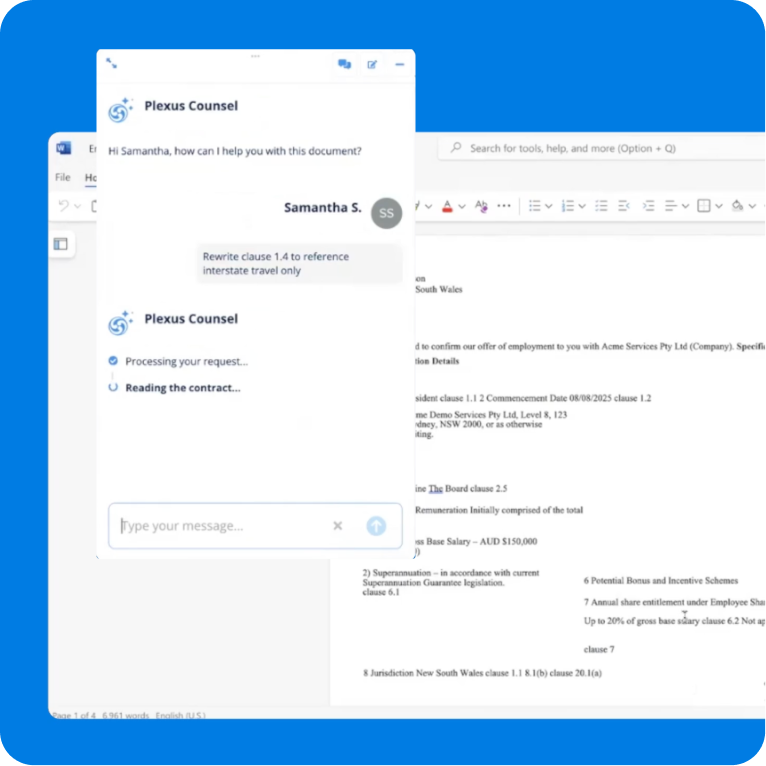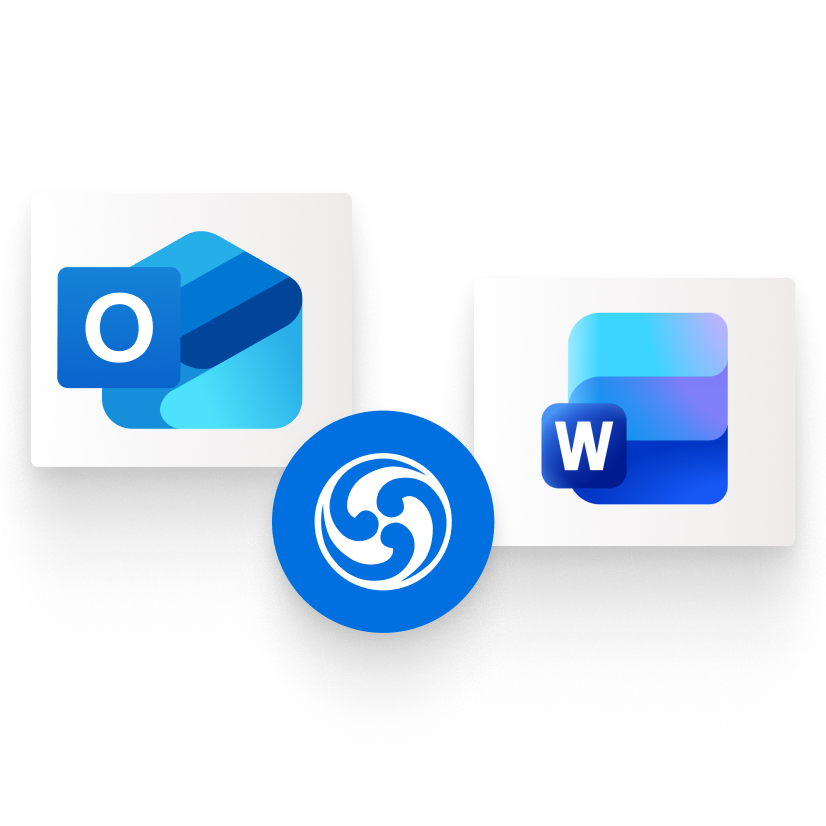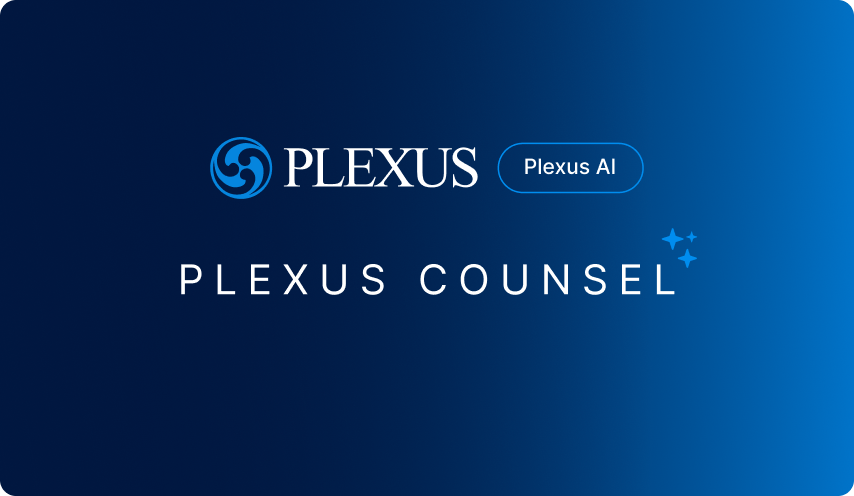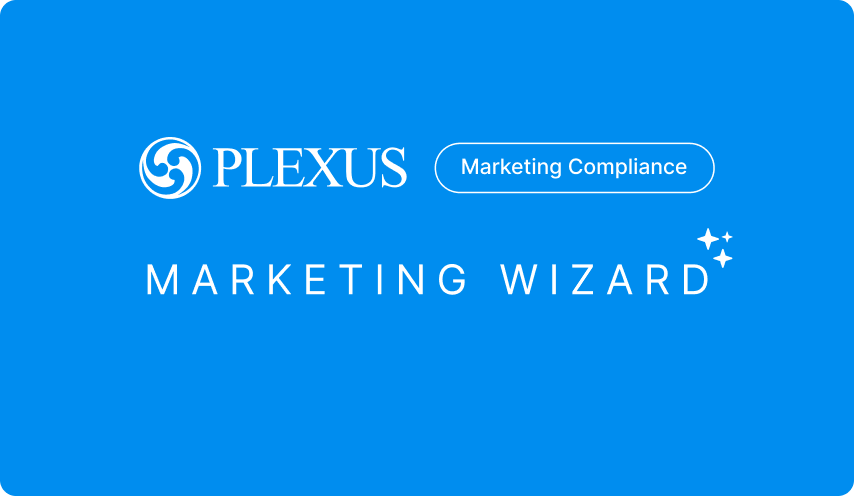The AI-powered Legal OS for modern business
From contracts to compliance, Plexus unites all legal and compliance work in one intelligent platform - helping teams move faster and reduce risk across the business.
Contracts to compliance, all in one AI-powered platform.
Built for enterprises navigating legal demand or complex regulation, Plexus unifies contracts, matters, and compliance in one intelligent platform.
 Deployed in days. Backed by 24/7 support and dedicated customer success team
Deployed in days. Backed by 24/7 support and dedicated customer success team
Contract Management
Generate, negotiate and e-sign contracts with policy controls built in.
Plexus Al is not just a tool, it's a legal teammate
The next evolution of how legal teams work is here. Built to learn from you, guide your decisions, and scale your impact, Plexus AI is part of your team from day one.
.png?width=800&height=800&name=Untitled%20design%20(44).png)
Security and compliance you can trust
Trusted by legal teams at Fortune 500 companies
Achieving the global ISO 27001:2022 benchmark for information security management systems.
Safeguarding personal data with transparency and strict privacy controls.
In transit (TLS) and at rest (AES-256) with strict access controls and regular audits.
AWS-backed infrastructure with firewalls, monitoring, and intrusion detection.
Unique user accounts, brute-force protection, and breach detection.
Ready to let Plexus do the work for you?
See Plexus in action
Take a look through out platform tour to see how your legal or business team can manage risk smarter.







.png?width=1920&height=1080&name=thumbnail%20(1).png)


